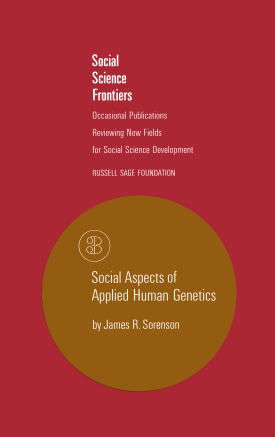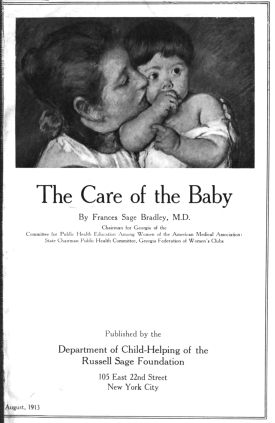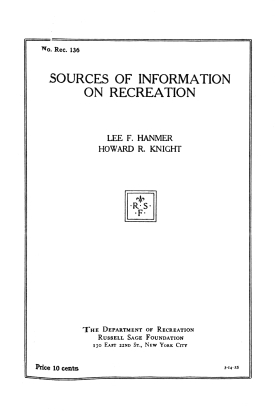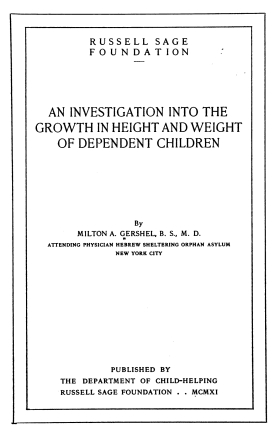
Social Aspects of Applied Human Genetics
About This Book
This report explores the complex ethical, political, psychological, and economic questions that arise from developments in medical genetics. It reviews research in applied genetics at the interface of the social and bio-medical fields, including the counseling and study of birth control, as well as the active treatment and selection of individual genetic attributes.
James R. Sorenson was chair of the Gillings School of Global Public Health’s Department of Human Behavior at the University of North Carolina.



